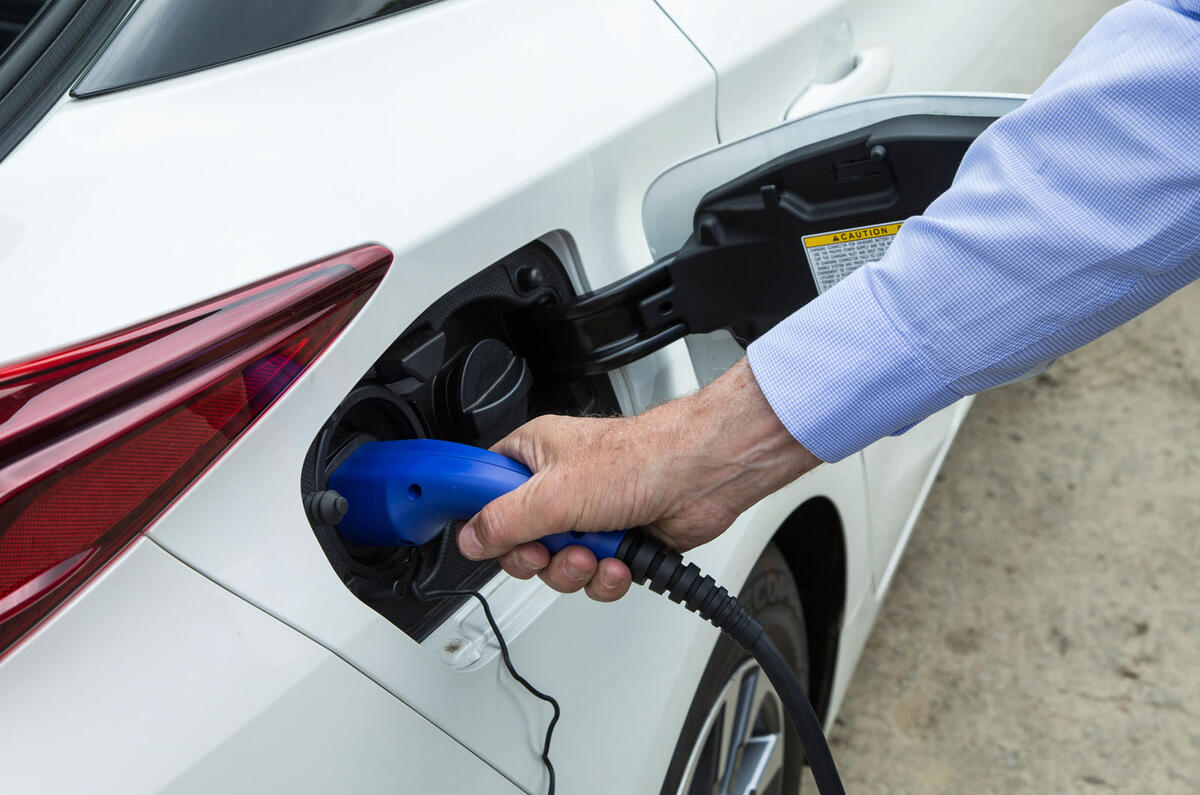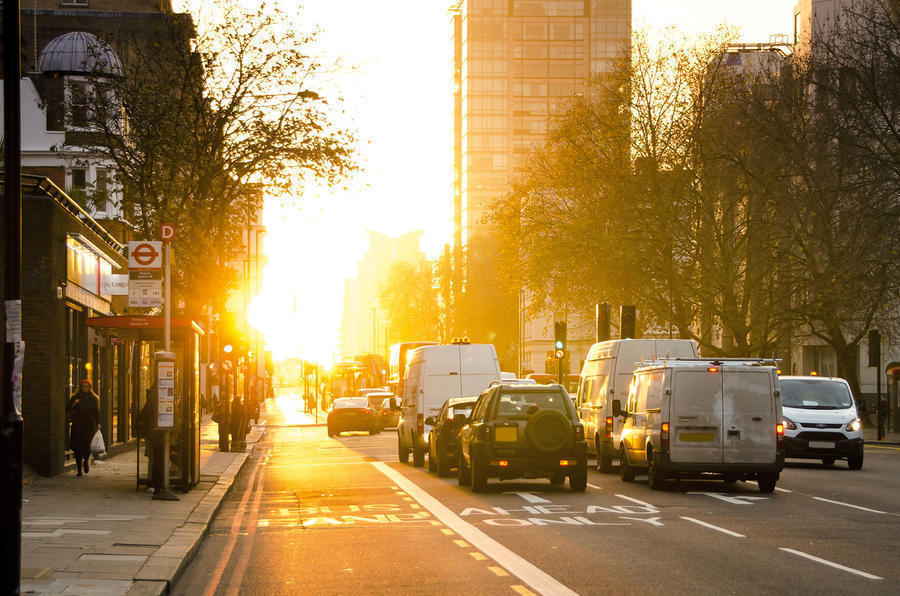Stricter action to slow the sale of new combustion-engined cars will be needed if the government is to hit its target for zero-emissions transport by 2040, a conference was told last week.
“Consumers do not have responsibility for this problem; we can’t expect them to have the solution,” said Jillian Anable, professor of transport and energy at the University of Leeds, at the annual LowCVP conference in London. “It is only policy that has led to [OEM] product policy. Why should the consumer be expected to lead the change?”
Electrified plug-in vehicles currently account for about 2% of the UK market – a share that has taken about seven years to establish.
Hybrid vehicles confirmed as exempt from 2040 petrol and diesel ban
To achieve 100% of new car sales in the next 22 years – will require “regulation, regulation, regulation,” said Anable during the conference, which was organised by LowCVP, a forum for industry and government to discuss decarbonising road transport.
Speaking at the same event, Bob Moran, head of environment strategy at the Department of Transport and one of the authors of the government’s 'Road to Zero' white papers, stressed that there will be “no bans” on any type of combustion-engine car.
“The 2040 policy will be technology led - there will be no bans,” he said.

Top 10 best electric hatchbacks
The government will set targets for new car sales to comprise “50-70% ultra-low emissions” vehicles by 2030, rising to 100% zero-emissions vehicles (ZEV) by 2040.





Join the debate
Add your comment
Shouting for the Sake of Shouting?
Sounds like lobbyists making a load of noise without solid foundation.
Before we lambast car makers and Governments where is the Planetary Cost analysis?Tell the public the relative environmental cost of deep-sea mining required to meet the demand of precious metals used for current battery technology. What other damage must we do to achieve the EV goal?
I'm all for moving the EVs but not if the mad rush does more damage than the problem it's supposedly trying to fix.
...
Why not set the Environmental goals but ban the use of precious metals to achieve the target? Will that kick manufacturers enough? Afterall if you plan to use legislation to force change don't go for half-measures!
Tougher rules
Here we go again.A Government trying to stiffle the world with the legislation blanket.I have asked the question before.Has anyone qantified the emission cost to produce a fully electric car?More importantly,what is the cost of either recycling the out of date battery packs or destroying them completely?How do these evangelists expect wind and solar to produce the base load power to provide the basic living needs of a growing world population.I was involved in seeing wheat,cotton and vegetables(2miilion lettuce plants a crop) being grown and the work to prepare the land could not be done by an electric tractor.This is basically what government is wanting,todays society to be run on "candles" and dam the consequences.Maybe after all we correspondents have left this earth, technology will have unlocked the universes energy production secrets,but until that happens we have to make do with todays systems and stop being preoccupied on them.Get on with life.
Slow down sales of cleaner cars?
Why wouldn't you want someone to trade in a car that emits a higher level of pollutants over buying a cleaner one of any fuel type?
Mad.
Symanski wrote:
That’s fine, as long as tax increases are not the way they do it. Don’t tax us out of our petrol and diesel cars, just encourage manufacturers to build better cars for the future. When my car is at the end of its useful life, I’ll buy whatever is available to me at a reasonable cost, be that electric, gas or hydrogen.